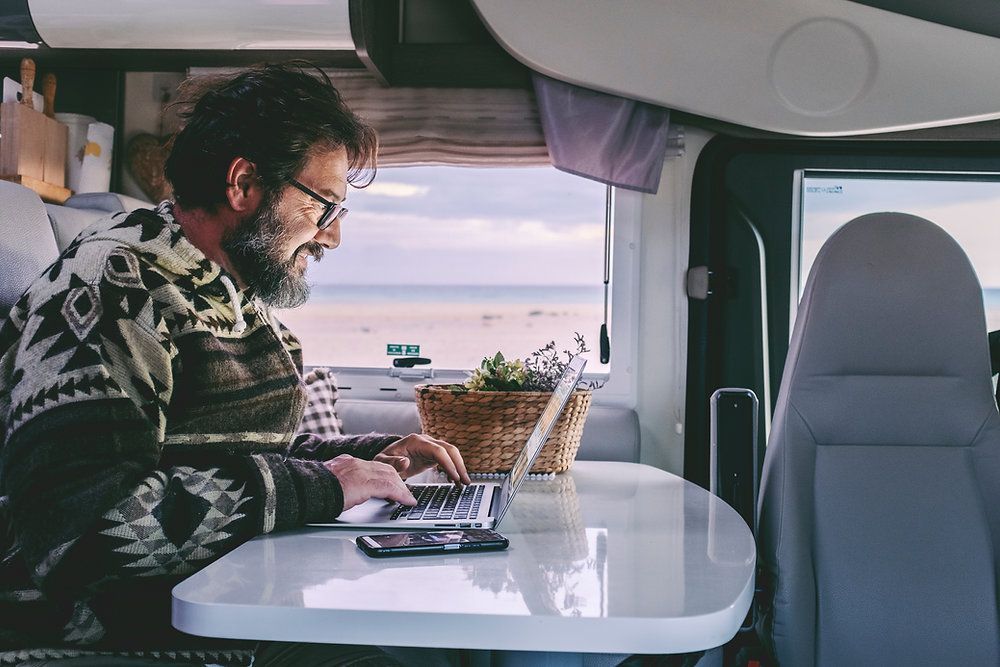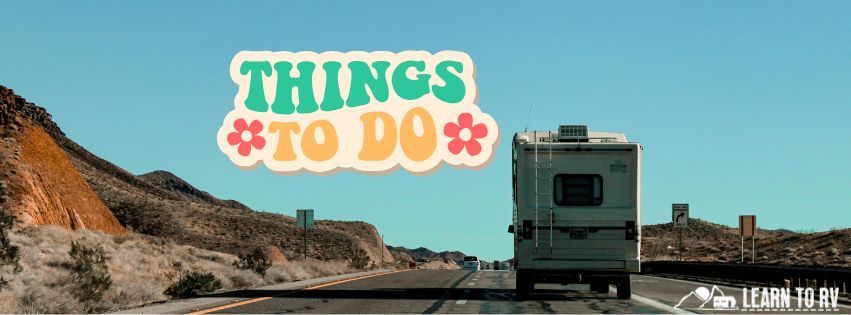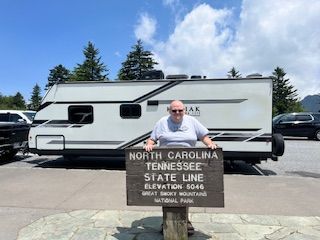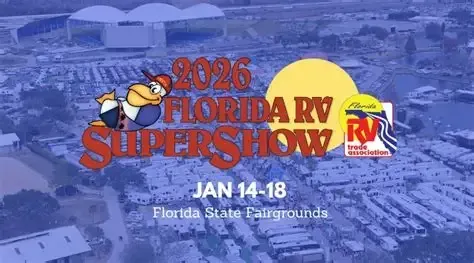Does The Patriot Act Impact your Legal Domicile?
Jennifer Schillaci • July 21, 2025
Exploring Domicile: Your Options may be impacted by The Patriot Act

The USA PATRIOT Act—short for Uniting and Strengthening America by Providing Appropriate Tools Required to Intercept and Obstruct Terrorism—was signed into law on October 26, 2001, in the wake of the September 11 terrorist attacks.
At the time, its main goal was to enhance the ability of U.S. law enforcement and intelligence agencies to detect and prevent terrorism. Here’s what it did in a nutshell:
- Expanded surveillance powers: It allowed broader wiretaps, access to business records, and surveillance of individuals suspected of terrorist-related activities, even if they weren’t linked to a specific group.
- Information sharing: Agencies like the FBI and CIA could more easily share intelligence.
- Financial tracking: It strengthened anti–money laundering laws to trace and block terrorist funding.
- Detention and deportation: It gave the government more authority to detain and deport non-citizens suspected of terrorism-related acts
The Act was controversial from the start. Supporters argued it was essential for national security, while critics raised concerns about privacy, civil liberties, and government overreach.
Why does The Patriot Act impact RV nomads?
The Patriot Act affects RV nomads primarily through its banking and identity verification requirements, which were designed to combat terrorism and money laundering, but they’ve had some unintended consequences for people living on the road.
Here’s the crux of it:
The Act requires financial institutions to verify a customer’s
physical residential address—not just a mailing address—when opening or maintaining accounts. That’s a problem for RV nomads who often use
mail-forwarding services (like those in South Dakota or Texas) that provide a
Commercial Mail Receiving Agency (CMRA) address. These are often flagged by banks as non-compliant under Patriot Act rules.
So what happens?
- Banks may refuse to open or maintain accounts unless you provide a “real” physical address.
- Some RVers resort to using a friend or relative’s address, or even renting a room on paper to meet the requirement.
- This can complicate things like driver’s licenses, insurance, and voter registration, all of which are tied to your legal domicile.
It’s not that the Patriot Act targets RVers, it’s just that its rules don’t account for non-traditional lifestyles. And as more people embrace nomadic living, this friction is becoming more visible.

The Patriot Act, particularly its banking provisions, can create some unexpected hurdles for full-time RVers when it comes to establishing a domicile. Here's how it plays out:
The core issue is the requirement for a physical residential address—not just a mailing address—when opening or maintaining financial accounts. Many RVers use mail-forwarding services (like those in South Dakota, Texas, or Florida) to establish domicile, but these often provide a Commercial Mail Receiving Agency (CMRA) address, which banks may reject under Patriot Act compliance rules.
This means:
- Some banks won’t accept a PMB (Private Mailbox) or CMRA address for identity verification.
- RVers may be asked to provide a “real” physical address—often solved by using a relative’s or friend’s home address, or even renting a room on paper to meet the requirement.
- This can complicate things like driver’s licenses, vehicle registration, and insurance, which are all tied to your legal domicile.
It’s a bit of a dance between staying compliant and maintaining your mobile lifestyle. Some RVers find success by working with banks that are familiar with full-time travelers or by choosing states with RV-friendly domicile laws and local banks that understand the lifestyle.
Florida, South Dakota & Texas. Are these my only options?
Advocating for RVers
The top three states that full-time RVers often choose for domicile are Texas, South Dakota, and Florida, and for good reason:
🌟 Why These States Stand Out
- No State Income Tax: All three states let you keep more of your money.
- Mail Forwarding Services: They allow you to use a mail-forwarding address as your legal domicile. See the entire article on domicile HERE.
- Vehicle Registration & Insurance: These states offer relatively easy and affordable processes for RV registration and insurance.
- Health Insurance Options: Especially in Florida and Texas, you’ll find broader access to ACA plans and providers.
Each has its quirks, so the best choice depends on your priorities—taxes, healthcare, ease of setup, or even climate.
You can technically establish domicile in any U.S. state, but some are far more RV-friendly than others. While Texas, Florida, and South Dakota are the most popular for full-time RVers due to their tax advantages and ease of setup, other states are also possible if they align better with your lifestyle or personal ties.
Here’s what to consider if you're eyeing a different state:
- Do you have property or strong ties there? If you own land, have family, or spend significant time in a state, it might make sense to claim it as your domicile.
- State tax laws: States like Nevada, Wyoming, and Tennessee also have no state income tax and may be worth exploring.
- Vehicle registration and inspection rules: Some states require annual emissions or safety inspections, which can be a hassle if you're on the road.
- Healthcare access: If you rely on ACA plans, some states offer better networks and coverage than others.
- Ease of establishing residency: Some states require you to spend a certain number of days there or show utility bills or lease agreements.
So yes, you’ve got options beyond the big three. It just depends on what matters most to you—taxes, healthcare, convenience, or maybe even weather.
RVers face unique challenges from both the public and private sectors, particularly regarding the use of mail forwarding service addresses as their permanent domicile. At the forefront of advocacy for the RV community is the Escapees RV Club, tirelessly monitors regulations that impact RVers and fights for those rights.
Most private sector issues stem from companies interpreting rules related to the Patriot Act, which can be daunting. Luckily, there are exemptions in many of these regulations, allowing full-time RVers to continue using their mail forwarding addresses comfortably.
At Learn to RV, we’re here to guide you through these complexities, ensuring you stay informed and empowered on the road!
Flexible Banking Options for RVers
While we have successfully used Navy Federal & USAA primarily, our learning curve was steep and certainly came with challenges. There has been more than once that our accounts got pinged for fraud. When we launched, we only had our NavyFed account, but one thing we learned was that keeping more than one account and a backup credit card was important as an RV'er. This way, even if one card gets frozen, we always have backup, which is pretty important if you're at 1/4 tank waiting at a fuel pump.
There are some banks and credit unions that are known to be flexible and friendly toward RV nomads and full-time travelers.
Online & Nationwide Banks for Nomads
If you’re often on the move, these are popular among RVers and digital nomads:
- Charles Schwab Bank – No ATM fees worldwide and great customer service.
- Ally Bank – Online-only with strong mobile tools and no monthly fees.
- Capital One 360 – Offers hybrid online/in-person banking with flexible address policies.
- Alliant Credit Union – Online credit union with easy membership and mobile check deposit.
If you’re mostly in the U.S., Charles Schwab and Ally are solid choices. If you want a credit union feel with a big ATM network, Alliant is a solid choice. And if you’re juggling currencies or freelancing abroad, Wise may be a game-changer.
But I am no financial expert, just a digital nomad. If you want to deep dive on this topic, our friends over at
Freaking Nomads have an incredible banking breakdown for the best banks for digital nomads.
Phone & Internet Connections
In this tech-savvy age, increased surveillance has transformed how we think about privacy, especially for RV nomads relying on public Wi-Fi or mobile hotspots. While the recent expansion of government surveillance powers doesn’t specifically target our community, it’s essential to stay informed and protect your digital presence.
Having your own internet connection as a nomadic traveler is like carrying a digital lockbox, it’s one of the smartest ways to protect your data on the road.
When you rely on public Wi-Fi in cafés, airports, or co-working spaces, & especially campgrounds you're stepping into a digital minefield. Hackers often set up fake hotspots—called “Evil Twins”—that mimic legitimate networks. Once you connect, they can intercept everything from your passwords to your credit card info, and see your digital wallet.
Even with your own connection, using a VPN adds another layer of encryption, especially when traveling through countries with less secure infrastructure. At Learn to RV, we emphasize the importance of using VPNs and encrypted messaging apps to keep your information secure while you explore the open road. This includes providing your own internet to keep you protected as you travel. (Hey look, an opportunity for yet, another blog post!)
Here’s a step-by-step checklist to help you manage your domicile as an RV nomad while staying compliant with the Patriot Act, especially when it comes to banking and identity verification:
✅ Learn to RV Domicile & Patriot Act Compliance Checklist
1. Choose a Domicile-Friendly State
- ☐ Select a state like Texas, Florida, or South Dakota.
- ☐ Use a reputable mail-forwarding service that offers a street-style address (not a P.O. Box).
2. Secure a Physical Address for Banking
- ☐ Use a friend or family member’s residential address if your bank won’t accept a CMRA.
- ☐ Keep this address consistent across your bank, license, insurance, and voter registration.
3. Open Accounts with Nomad-Friendly Banks
- ☐ Consider banks like Charles Schwab, Ally, or Alliant Credit Union.
- ☐ Confirm they accept your address type before applying.
4. Maintain a Clean Paper Trail
- ☐ Update your address with all financial institutions.
- ☐ Keep digital and physical copies of residency documents (e.g., RV registration, insurance, mail-forwarding agreement).
5. Stay Compliant with ID Verification
- ☐ Ensure your driver’s license matches your domicile address.
- ☐ Be ready to provide proof of address (utility bill, lease, or notarized letter if needed).
6. Monitor Your Accounts
- ☐ Watch for any bank notices about address verification.
- ☐ Respond promptly to avoid account freezes or closures.
7. Review Patriot Act Requirements Periodically
- ☐ Stay informed about changes to Customer Identification Program (CIP) rules.
- ☐ Bookmark resources like
this federal compliance guide for reference.














